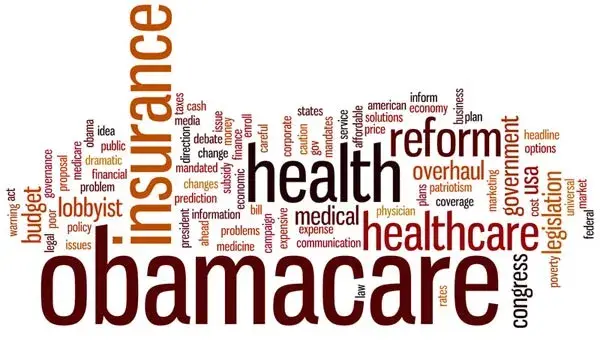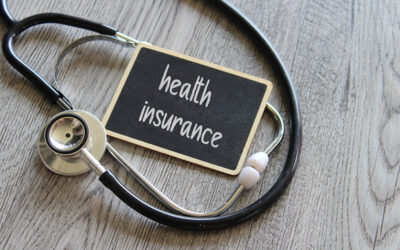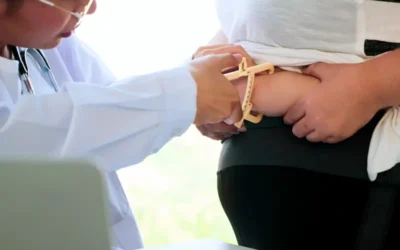In the United States, under the new healthcare law about 8 million people have signed up for private health plans via health insurance exchanges. However, as per the latest reports from federal officials the eligibility of about 2 million people is still in question. The Obama administration is reaching out to hundreds of thousands of new Obamacare enrollees receiving subsidies to resolve serious questions about their eligibility, as many consumer advocates have expressed their concerns that many of them will be required to repay some or all of the subsidies. The new step was undertaken after federal health officials observed wild discrepancies between official records and applications for coverage on the exchanges.
According to a report in The New York Times, more than 2 million people who have opted for insurance coverage under the new healthcare law have presented personal information that differed significantly from data in government records. The government is demanding additional information from consumers relating to their income, citizenship, immigration status and social security numbers along with any other healthcare coverage that they avail from their employers. Those people who fail to provide additional details required may risk losing their subsidized coverage and may have to repay the same within April 2015. The officials at the Centers for Medicare and Medicaid Services are quickly reaching out to more number of people through phone and email to push them to provide supporting documentation, thereby double checking this data.
Federal subsidies offered for the purchase of private insurance plans are the keystone of the Affordable Care Act (ACA). Reports suggest that eight out of every 10 people who have opted for health benefit plans from October through mid-April via exchanges were fully eligible to receive the subsidies including income tax credits. Till now, the federal government has paid out $4.7 billion in subsidies, and the amount is expected to reach $900 billion in 10 years’ time.
Since June 1, the government has found information provided by certain people in their application does not truly match what was found in other records. This necessitated people to give extra information for insurance eligibility verification. In certain cases, consumers report that they have already sent the required documents to the federal market place and they don’t really understand why they are being asked to send them again. Moreover, supporters of the healthcare law are concerned that some of its top beneficiaries will be disappointed when they find that their tax liability is greater than expected.
The government estimates average subsidies of $4,400 for each person who receives a subsidy. Subsidies may vary based on household income and the number of people in a family seeking assistance. Federal law limits the amount to be repaid by lower- and moderate-income people. Generally, a family consisting of four members with an annual income of $80,000 would be required to repay as much as $2,500. Workers who have access to affordable employer-sponsored coverage that meets basic federal standards are generally ineligible for subsidies.




